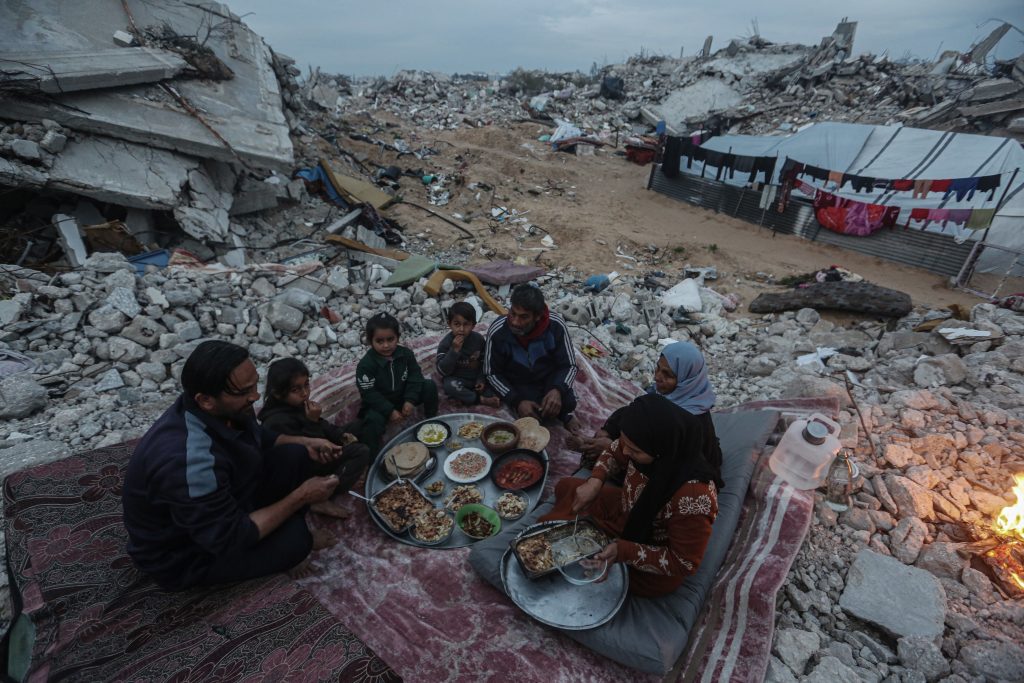Britain And Australia: A Critical Analysis Of Their Myanmar Sanctions Policy

Table of Contents
The Scope and Nature of UK and Australian Sanctions on Myanmar
Both the UK and Australia implemented targeted sanctions against the Myanmar military junta following the coup. These sanctions regimes include a range of measures aimed at crippling the junta's financial capabilities and isolating its leaders. Key elements of these sanctions include:
- Asset freezes: Both countries have frozen the assets of numerous individuals and entities linked to the military, including senior military officials, their businesses, and associated companies. This aims to prevent them from accessing international financial systems.
- Travel bans: The UK and Australia have imposed travel bans on individuals identified as being responsible for human rights abuses and undermining the democratic process in Myanmar. This restricts their ability to travel internationally.
- Trade restrictions: While not as comprehensive as some other sanctions regimes, both the UK and Australia have imposed restrictions on certain trade activities, particularly those involving entities owned or controlled by the military. This targets key sectors of the Myanmar economy.
A key difference between the UK and Australian approaches lies in the specific targeting of sanctions. While both focus on high-profile individuals and military-owned businesses, the breadth and depth of their respective sanctions lists vary. The legal basis for these sanctions rests on domestic legislation enabling targeted measures against individuals and entities engaged in human rights violations or undermining democratic processes. The effectiveness of this targeting is questionable, however, with concerns raised about loopholes and the ability of the junta to circumvent these measures.
The Economic Impact of Sanctions on Myanmar
The economic impact of sanctions on Myanmar is complex and multifaceted. While the stated aim is to weaken the military junta financially, the consequences extend far beyond the intended targets.
- Intended consequences: The sanctions aim to reduce the junta's access to international finance and limit its ability to profit from key sectors like jade, timber, and garments. The success of this aspect is debatable, with evidence suggesting significant sanctions evasion.
- Unintended consequences: Sanctions have undeniably exacerbated the existing economic hardship faced by the Myanmar population. Increased inflation, poverty, and widespread unemployment are direct consequences, contributing to a deepening humanitarian crisis. The disruption of trade has severely impacted vulnerable populations.
- Sanctions evasion: The junta has sought alternative trade routes and financial mechanisms to circumvent sanctions, utilizing neighboring countries and informal networks to maintain access to international markets and funding. This highlights a crucial weakness in the current strategy.
The Political and Human Rights Impact of Sanctions
The effectiveness of Myanmar sanctions in improving the human rights situation and promoting democratic reform is a subject of ongoing debate.
- Human rights: While the international community hopes that sanctions will pressure the junta to respect human rights, there's limited evidence of significant positive change on the ground. Human rights violations, including extrajudicial killings, arbitrary arrests, and widespread oppression, continue unabated.
- Influence on the junta: The impact of sanctions on the junta’s behaviour has been minimal. The military regime shows little sign of altering its course. While the sanctions apply pressure, they lack the power to fundamentally shift the political landscape.
- Support for the pro-democracy movement: International pressure, including sanctions, does play a role in offering moral support to the pro-democracy movement within Myanmar. However, the sanctions themselves have limited direct impact on empowering the movement or fostering a democratic transition.
- ASEAN response: The Association of Southeast Asian Nations (ASEAN) has attempted to mediate the crisis through the five-point consensus, but its effectiveness has been hampered by the junta's lack of cooperation and the limitations of its non-interventionist approach.
The Role of ASEAN in Addressing the Myanmar Crisis
ASEAN's response to the Myanmar crisis has been widely criticized for its perceived weakness and lack of effective pressure on the military junta. The five-point consensus, while aiming for dialogue and a peaceful resolution, has yielded little tangible progress. ASEAN's limited ability to impose meaningful sanctions or coordinate international pressure further weakens its effectiveness in addressing the crisis. Regional cooperation remains fragmented, and the junta's non-compliance with the five-point consensus undermines regional stability.
Conclusion
This article has provided a critical analysis of the Myanmar sanctions imposed by Britain and Australia, examining their scope, economic impact, and effectiveness in addressing the human rights crisis and promoting a return to democracy. While sanctions have undoubtedly placed pressure on the Myanmar military regime, their overall effectiveness remains debatable, with significant unintended consequences for the civilian population. The limitations of sanctions alone, and the need for a more comprehensive and coordinated international strategy, are highlighted. Further research is needed to determine the long-term effects of these sanctions and to evaluate alternative approaches.
Call to Action: Understanding the complexities of the Myanmar crisis requires ongoing scrutiny of the efficacy of Myanmar sanctions. Further research and analysis into the evolving situation are crucial to inform more effective strategies for promoting human rights and democratic transition in Myanmar. The international community must continue to collaborate in developing comprehensive approaches that address both the immediate humanitarian crisis and the long-term goals of democratic reform. The debate surrounding the effectiveness of targeted sanctions against Myanmar must continue, leading to a refined approach that balances humanitarian concerns with the pursuit of democratic change.

Featured Posts
-
 Doom The Dark Ages Early Access Regional Release Times And Full Game Launch
May 13, 2025
Doom The Dark Ages Early Access Regional Release Times And Full Game Launch
May 13, 2025 -
 Edan Alexander Ongoing Kidnapping In Gaza
May 13, 2025
Edan Alexander Ongoing Kidnapping In Gaza
May 13, 2025 -
 Gaza Hostages The Lingering Nightmare For Their Families
May 13, 2025
Gaza Hostages The Lingering Nightmare For Their Families
May 13, 2025 -
 Electric Vehicle Market Byds Growth Strategy In Brazil And Fords Diminishing Presence
May 13, 2025
Electric Vehicle Market Byds Growth Strategy In Brazil And Fords Diminishing Presence
May 13, 2025 -
 Breaking News Air Traffic Controller Crisis Key Trials And Thc Drinks In The Spotlight
May 13, 2025
Breaking News Air Traffic Controller Crisis Key Trials And Thc Drinks In The Spotlight
May 13, 2025
